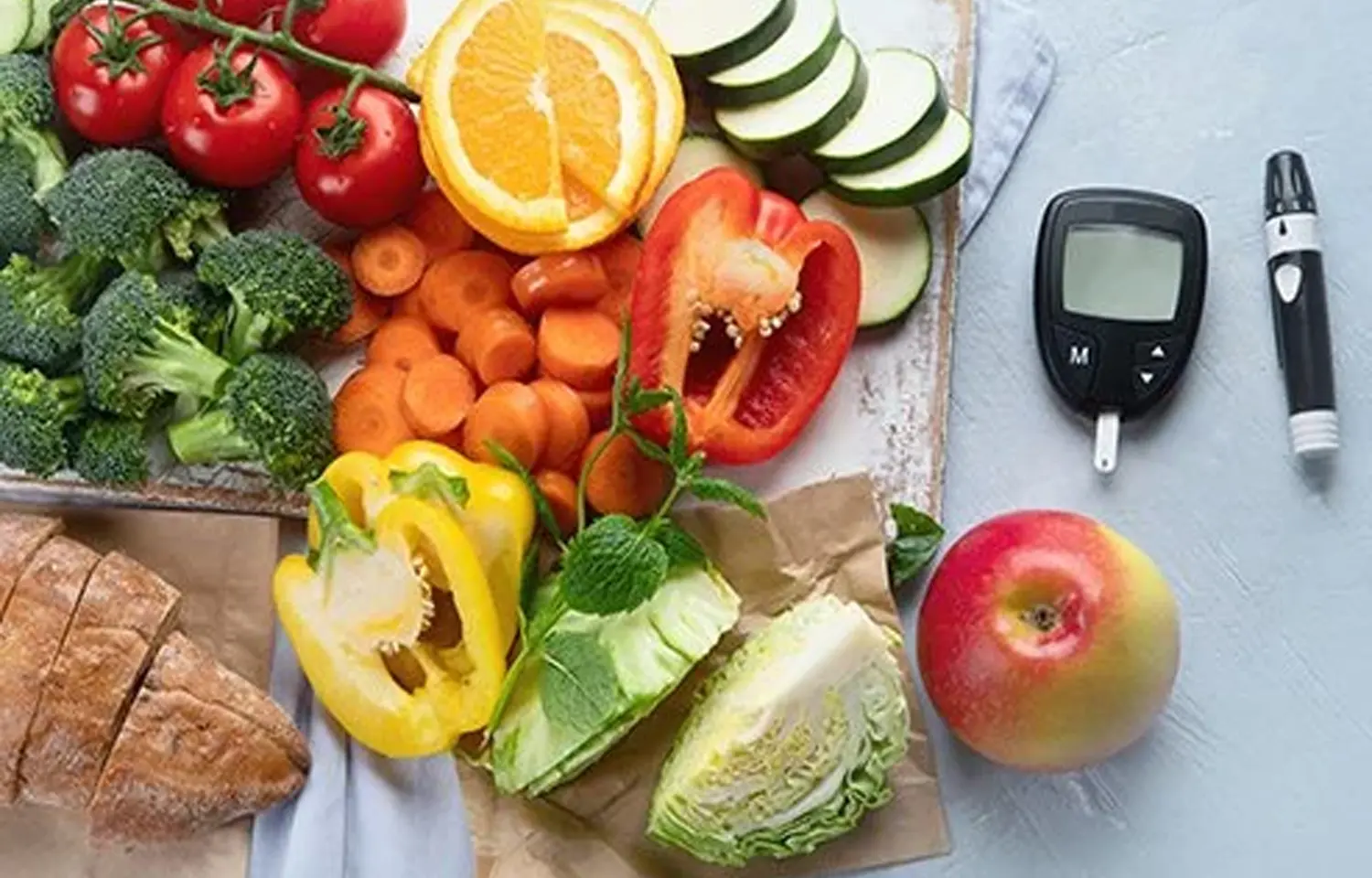- Home
- Medical news & Guidelines
- Anesthesiology
- Cardiology and CTVS
- Critical Care
- Dentistry
- Dermatology
- Diabetes and Endocrinology
- ENT
- Gastroenterology
- Medicine
- Nephrology
- Neurology
- Obstretics-Gynaecology
- Oncology
- Ophthalmology
- Orthopaedics
- Pediatrics-Neonatology
- Psychiatry
- Pulmonology
- Radiology
- Surgery
- Urology
- Laboratory Medicine
- Diet
- Nursing
- Paramedical
- Physiotherapy
- Health news
- Fact Check
- Bone Health Fact Check
- Brain Health Fact Check
- Cancer Related Fact Check
- Child Care Fact Check
- Dental and oral health fact check
- Diabetes and metabolic health fact check
- Diet and Nutrition Fact Check
- Eye and ENT Care Fact Check
- Fitness fact check
- Gut health fact check
- Heart health fact check
- Kidney health fact check
- Medical education fact check
- Men's health fact check
- Respiratory fact check
- Skin and hair care fact check
- Vaccine and Immunization fact check
- Women's health fact check
- AYUSH
- State News
- Andaman and Nicobar Islands
- Andhra Pradesh
- Arunachal Pradesh
- Assam
- Bihar
- Chandigarh
- Chattisgarh
- Dadra and Nagar Haveli
- Daman and Diu
- Delhi
- Goa
- Gujarat
- Haryana
- Himachal Pradesh
- Jammu & Kashmir
- Jharkhand
- Karnataka
- Kerala
- Ladakh
- Lakshadweep
- Madhya Pradesh
- Maharashtra
- Manipur
- Meghalaya
- Mizoram
- Nagaland
- Odisha
- Puducherry
- Punjab
- Rajasthan
- Sikkim
- Tamil Nadu
- Telangana
- Tripura
- Uttar Pradesh
- Uttrakhand
- West Bengal
- Medical Education
- Industry
Low GI foods significantly reduce blood sugar in diabetes patients: BMJ

Foods with a low glycemic index may help in a meaningful decline in blood sugar levels in diabetics.
Delhi: A low glycemic diet is associated with small but important improvements in the levels of blood sugar, weight, cholesterol, and other risk factors in diabetes patients, reveals a recent study in The BMJ.
These improvements were seen over and above existing drug or insulin therapy, suggesting that a low glycaemic diet might be especially helpful as an add-on treatment to help those with diabetes better achieve their targets, say the researchers.
The glycaemic index (GI) rates how quickly different foods affect blood sugar levels and research has shown that low-GI foods, such as vegetables, most fruits, pulses, and whole grains, can help keep blood sugar levels steady and reduce the risk of heart disease in people with diabetes.
A low GI or GL (glycaemic load) diet is therefore recommended for people with diabetes by clinical guidelines across the world. However, the last European Association for the Study of Diabetes (EASD) guidelines were published over 15 years ago and several trials have been published since then.
So researchers set out to summarise the effect of low GI/GL dietary patterns on blood sugar control and other known risk factors in diabetes to help inform the update of the EASD guidelines for nutrition treatment.
Their results are based on 27 randomised controlled trials published up to May 2021 investigating the effect of diets with low GI/GL in diabetes for three or more weeks.
The trials involved a total of 1,617 participants with type 1 or 2 diabetes, who were predominantly middle-aged, overweight or obese with moderately controlled type 2 diabetes treated with drugs or insulin.
The trials were of varying quality, but the researchers were able to assess the certainty of evidence using the recognised GRADE system.
The results show that low-GI/GL dietary patterns were associated with small but clinically meaningful reductions in blood sugar levels (HbA1c) compared with higher-GI/GL control diets.
Reductions also occurred in other risk factors including fasting glucose (blood sugar levels after a period of fasting), LDL cholesterol, body weight, and C-reactive protein (a chemical associated with inflammation), but not blood insulin levels, HDL cholesterol, waist circumference, or blood pressure.
The certainty of evidence was high for a reduction in blood sugar levels and moderate for most other outcomes, suggesting the available evidence provides a good indication of the likely benefit in this population.
The researchers point to some limitations that may have affected their results, such as imprecision in the evidence for the effect of low GI/GL dietary patterns on LDL cholesterol and waist circumference, and the small number of available trial comparisons for blood pressure and inflammatory markers.
However, they say their findings show that low GI/GL dietary patterns "are considered an acceptable and safe dietary strategy that can produce small meaningful reductions in the primary target for glycaemic control in diabetes, HbA1c, fasting glucose, and other established cardiometabolic risk factors."
"Our synthesis supports existing recommendations for the use of low GI/GL dietary patterns in the management of diabetes," they conclude.
Reference:
The study titled, "Effect of low glycaemic index or load dietary patterns on glycaemic control and cardiometabolic risk factors in diabetes: systematic review and meta-analysis of randomised controlled trials," is published in the BMJ.
DOI: https://www.bmj.com/content/374/bmj.n1651
Dr Kamal Kant Kohli-MBBS, DTCD- a chest specialist with more than 30 years of practice and a flair for writing clinical articles, Dr Kamal Kant Kohli joined Medical Dialogues as a Chief Editor of Medical News. Besides writing articles, as an editor, he proofreads and verifies all the medical content published on Medical Dialogues including those coming from journals, studies,medical conferences,guidelines etc. Email: drkohli@medicaldialogues.in. Contact no. 011-43720751


